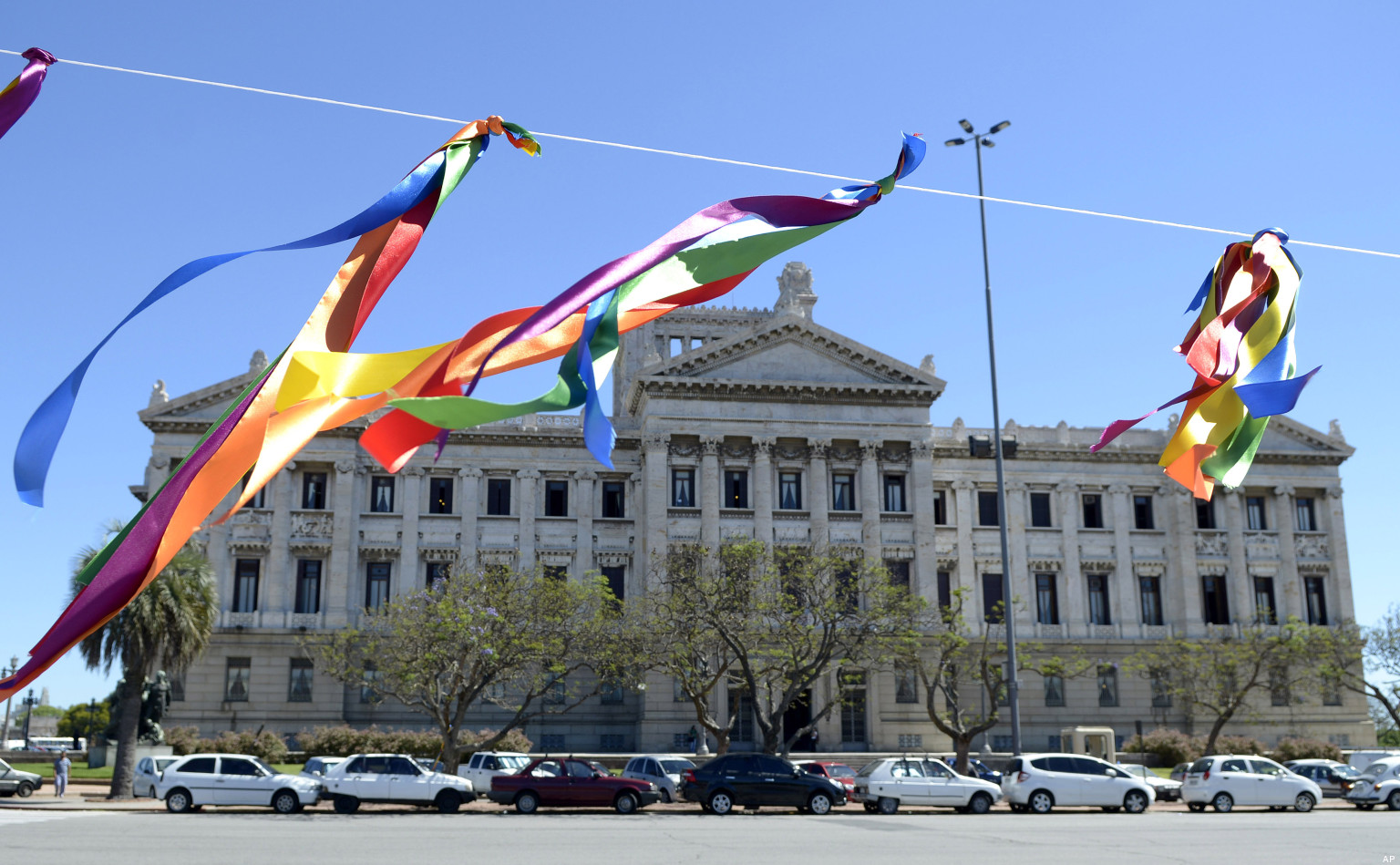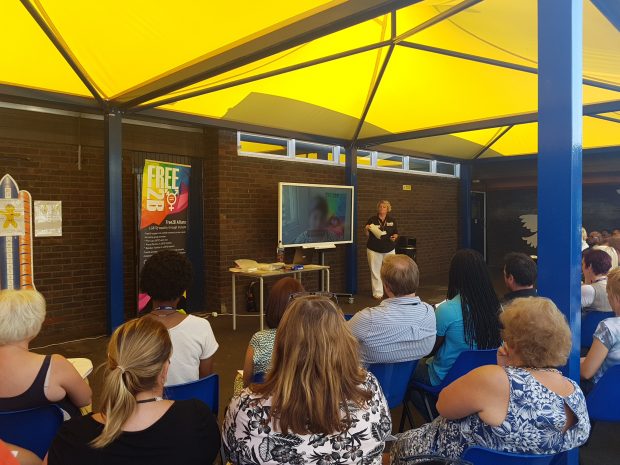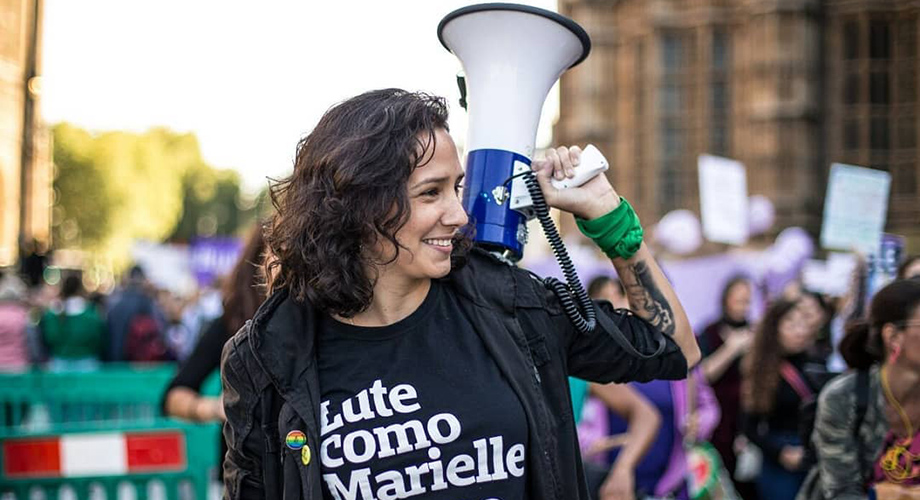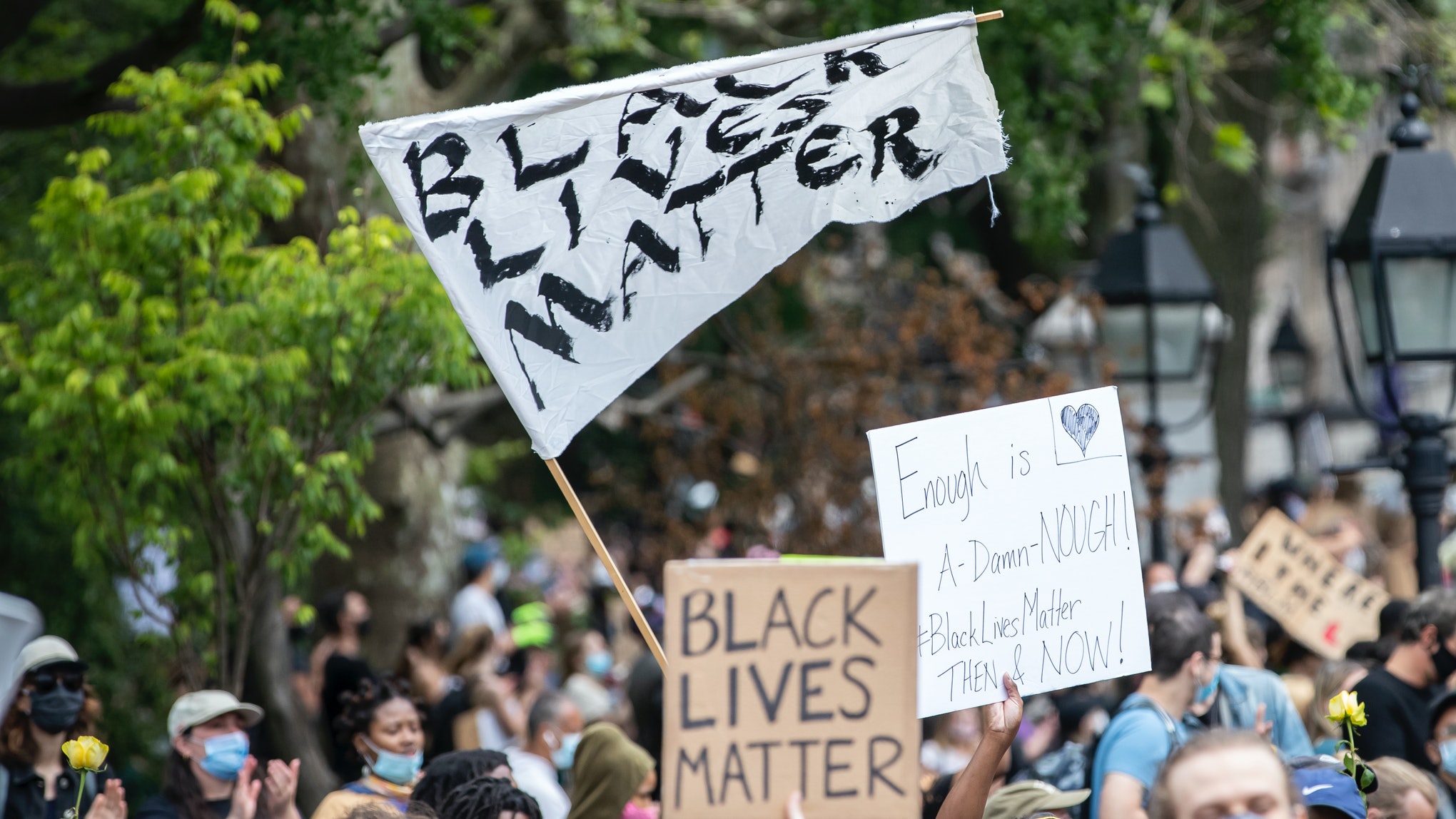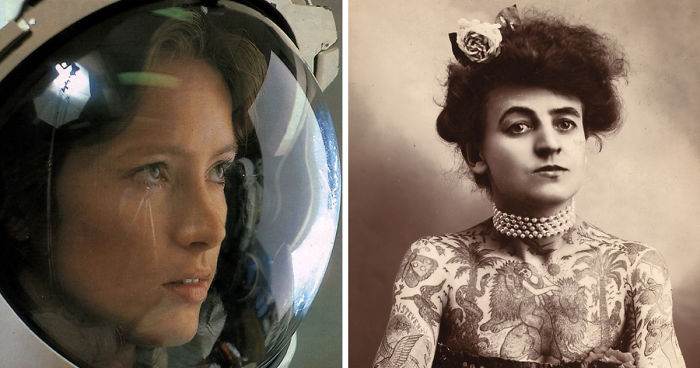Uruguayan efforts to include a non-hetero-normative passage in a Human Rights Council document failed last week as the United Nations body adopted its resolution on the “Protection of the Family”. The resolution supported by delegations from Uganda, Russia, Egypt, and other global leaders in LGBT-opposition, is part of a growing effort of conservative states to establish and clarify heterosexual foundations in international law, an effort aided significantly as Ugandan Sam Kutesa takes leadership of the General Assembly.
The delegation of Uruguay, a continental and global leader on legal recognition of gay rights, tabled the amendment along with Chile, France, and Ireland. The effort was to clarify that “different cultural, political and social systems various forms of the family exist” in hopes to counteract an affirmation of ‘family’ being used to discriminate against same-sex relationships. The language was rejected during debate.
The document is characteristic of the larger global debate underway in an area with few specific international precedents. These measures may often be largely rhetorical but in international law, they may be used to legitimize further action by either party. At this point delegations are hoping to quietly ‘place dominoes’ early in the process.
The resolution does not call for dramatic action. It requests the High Commissioner for Human Rights prepare a report on the status of the family and instructs the Human Rights Council to convene a “panel discussion” at its next session on the subject. It also does not specifically declare that marriage consists only of a man and a woman — Saudia Arabia and Pakistan had tabled an amendment to add that language, but withdrew it after the Uruguayan amendment was rejected.
The language battle could have significant implications, however. The direction outlined for the High Commissioner’s reports would have influence on every subsequent debate on the subject of the family and analysis in that document of non-hetero-normative family structures and the issues they face could affect the establishment of goals and norms in the future.
Overall, this phase of the process is marked only by frustrated middle-ground progress. The organized international community and the United Nations have an inherent liberal tendency toward a broad understanding of human rights, as shown by the extension of UN staff benefits to same-sex partners this week by order of Secretary General Ban-Ki-Moon. Latin American countries have taken an increasingly activist role in this field in recent years but, as for now, revolution is not on the menu.
